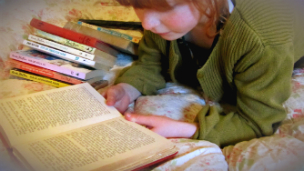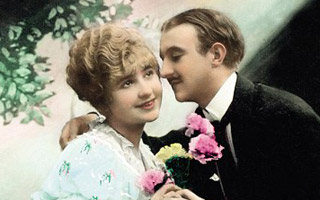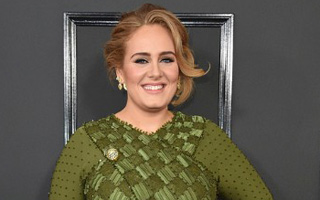Vocabulary: social attitudes 词汇:社会态度

English writer Enid Blyton is one of the most popular authors in the world. More than 400 million copies of her children's books have been sold worldwide and generations of British children have grown up hooked on her stories of adventure and magic.
But not everyone likes Enid Blyton.
Some people are objecting to plans to put up a plaque where her house once stood in the town of Beaconsfield, as part of a festival to celebrate her life and work. They complain that her books are racist, sexist and snobbish.
One of the problems is that Blyton wrote between the 1920s and 1960s. Since that time British society has changed enormously, especially with regards to how we should speak about race, gender, class and how to bring up children.
收听与下载
Many of her stories are enthusiastic about physical punishment, like smacking, which is now considered wrong by many in the UK. Girls also tend to play a very passive role in her popular detective series, like The Famous Five and the Five Find-Outers.
Working class characters don't do well either. They are often mocked for the way they speak or portrayed as lacking intelligence and social graces.
Blyton is also notorious for her attitudes to race. The baddies are often foreign or gypsies and she wrote about toys called golliwogs. Golliwogs are caricatured images of black people, which are still seen in shops today. But many companies now refuse to sell golliwogs because they are felt to be racist.
Generations of children have been willing to overlook the punishments and prejudice and have avidly read her 5,000 short stories and 150 novels. Children's writer Michael Rosen says this is because she knew what children wanted in a story.
Adults are usually absent in Blyton books, allowing children to be powerful: travelling and cooking for themselves, visiting magic lands or solving mysteries. But in modern British life, children are more than ever being constantly watched and controlled, as people become more security conscious.
Blyton's books are now published with changes, to make them more acceptable to modern sensibilities, and sales are increasing. Regardless of criticisms, Enid Blyton stories are as much a part of childhood for this generation of British children, as they were for their parents and grandparents.
Glossary 词汇表 (点击单词收听发音)
- hooked on被吸引
- objecting to去干涉
- plaque牌匾
- snobbish势利的
- race种族
- gender性别
- class阶级
- passive role被动角色
- detective侦探
- working class characters工人阶级的角色
- mocked嘲笑挖苦
- portrayed被描绘
- social graces社交礼仪
- notorious臭名昭著的
- baddies坏人
- gypsies吉普赛人
- caricatured漫画讽刺手法
- willing to overlook愿意忽略
- security conscious安全意识强
- sensibilities感性











